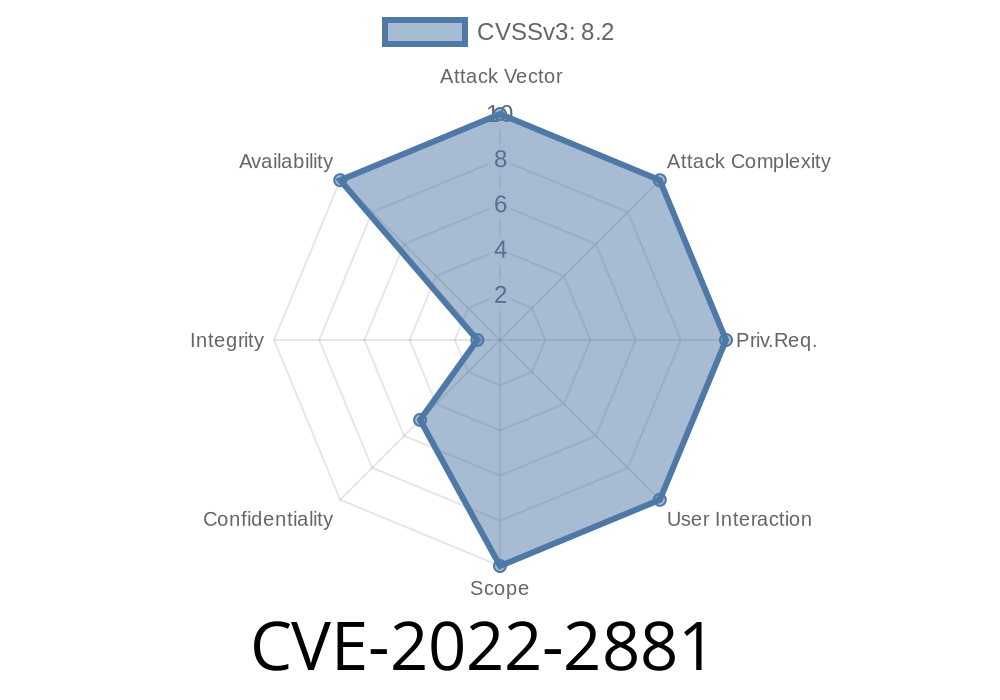Such issues are quite common and often go unnoticed. Let’s take a look at some of the most common causes of these issues and how to avoid them. Incorrect usage of memory or read/write operations can lead to unexpected behaviour and crashes. The most common causes of these issues are: Incorrect usage of variables or arrays - Using a variable or an array in a way that it was not intended to be used. For example, you may have an array of strings which you are using to print something out to the user, but you are trying to compare that array to a number, which is not allowed.
Using a variable or an array in a way that it was not intended to be used. For example, you may have an array of strings which you are using to print something out to the user, but you are trying to compare that array to a number, which is not allowed. Incorrect usage of functions - Using a function in a way it was not intended to be used. For example, you may have a function which was intended to print something out to the user, but you are trying to pass that function a different set of parameters.
Incorrect usage of variables or arrays
This is the most common cause of unexpected behaviour and crashes. There are many different types of variables in Java, and almost all of them can be used for storing or comparing values. One type that is commonly used for storing or comparing values is an array. Arrays can either store a list of objects or use Java’s primitive data types such as int and double. When using arrays to store values, they must be declared before being used so that the compiler knows what type of array you are using:
int[] a = new int[10]; // create an array
a[0] = 10; // this will not work - you cannot assign the contents of an array to another variable
int[] b = new int[10]; // this will work
b[2] = 10; // this will also work
If you want to compare two arrays for equality, you can use the == operator in Java:
if (a == b) { // This does not mean anything because both arrays could hold different values } If you try to use any other method on an array which was not designed to compare two arrays, you will end up with incorrect behaviour.
Incorrect usage of variables or arrays: How to identify and avoid it
A common cause of unexpected behaviour and crashes is incorrect usage of variables or arrays. Let’s take a look at how you can identify these issues and avoid them. For example, imagine you have an array of strings which you are using to print something out to the user. You are trying to compare that array with a number, which is not allowed.
Incorrect Usage of Variables or Arrays
Using an array in a way it was not intended to be used can lead to unpredictable behaviour. Let’s say you have an array of strings which you are using to print something out to the user, but you are trying to compare that array to a number, which is not allowed.
Detecting incorrect usage of variables or arrays
The first thing you should do is check your code for variables and arrays. For example, if you are using an array of strings to print something out to the user, then ensure that it is printing out the correct string. Also, ensure that you are not trying to compare a number with an array of strings. This would be incorrect usage of the variable.
The first thing you should do is check your code for variables and arrays. For example, if you are using an array of strings to print something out to the user, then ensure that it is printing out the correct string. Also, ensure that you are not trying to compare a number with an array of strings. This would be incorrect usage of the variable. If your function was intended to print something out too its users but you are passing it a different set of parameters, then your function was used incorrectly and may cause crashes or other issues later on in your code . To avoid this situation from arising from occurring again, make sure that each function has pre-defined parameters which it requires before executing its tasks.
Timeline
Published on: 09/21/2022 11:15:00 UTC
Last modified on: 09/23/2022 12:53:00 UTC
